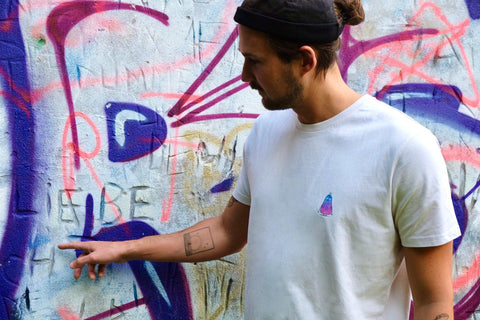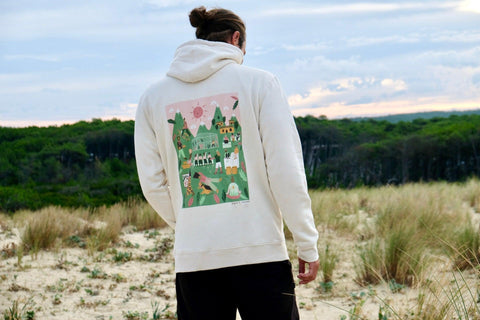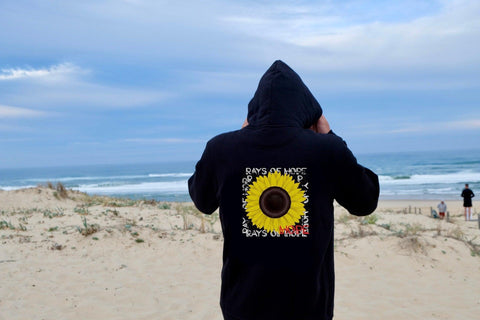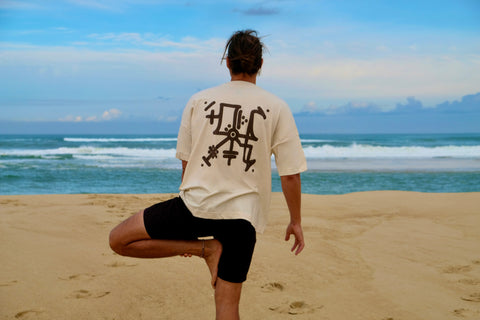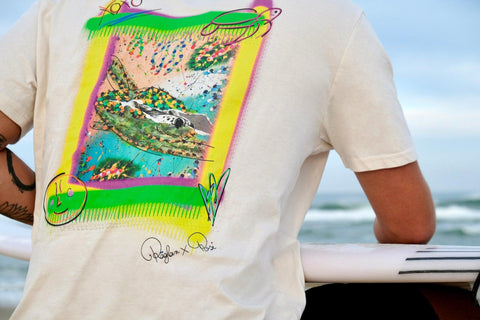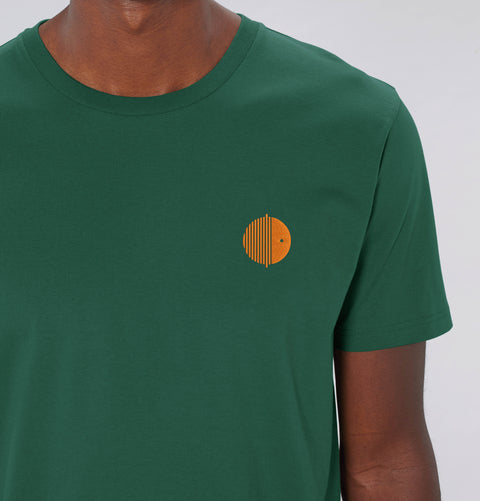While working on this topic, I asked myself when we actually transitioned from being humans to becoming consumers.
In the past, people's focus on consumption was minimal as they prioritized community and quality of life over excessive purchases.
Consumer goods served primarily to satisfy vital needs and not for luxury and excess.
The Rise of the Retail Giants: For-Profit Marketing
Towards the end of the 19th century, retail morphed from small stores to large, fossil fuel-driven corporations driven by profit. The focus shifted from producing useful products to using enticing marketing strategies.
Between 1860 and 1920, U.S. production increased twelvefold while the population only tripled, indicating the potential for significant wealth accumulation.
A choice had to be made: an economy focused on meeting basic needs or...
Overproduction and the search for “consumer power”
At a time of economic stagnation, business leaders and economists worried about overproduction and lack of consumer demand.
The brief depression of 1921-1922 raised fears that the population's basic needs had been largely met and that economic growth might be in crisis.
The biggest economic problem of the time? The lack of “consumer power”

The power of persuasion: advertising and desires
Companies realized the importance of getting consumers to buy their products. They believed that waiting for public demand was not enough, but that constant stimulation through advertising and propaganda was required instead.
The aim was to awaken new desires and lead people to prioritize material goods over leisure and to constantly strive for an evolving and improving standard of living.
By creating a feeling of envy towards those higher up in society, people were supposed to be motivated to make purchases, which stimulated economic growth.
"Keep the consumer dissatisfied"
"Keep the Consumer Dissatisfied" promotes the idea that acquiring and consuming things is the key to happiness, with money being the primary measure of value.
It is emphasized that new desires must be constantly awakened, replacing the old ones as soon as they are fulfilled.
This view is echoed by Vance Packard, who describes how marketers in the 1950s created excitement about products by appealing to our desire for status.
The aim is to make these products a necessity for everyone and to create the belief that purchasing these products increases the social status of the individual.
Ultimately, the focus is on endless material possessions, reinforcing the idea that our worth is defined by what we buy.
The age of unlimited consumption
The concept of infinite consumer desires, known as "progress", further fueled economic growth and production.
Instead of meeting everyone's needs with sufficient production, the focus shifted to replacing old products with new ones.
Installment plans and modern credit cards expanded the purchasing power of the lower economic classes and gave them the "skills of consumption" that they previously lacked.
Television and radio, accessible to a wide audience regardless of educational level, played an important role in advertising products directly into people's homes.
The dilemma of consumer behavior
A lot of energy was spent convincing people to buy things they didn't actually need.
Or, as retail analyst Victor Lebow noted in 1955:
"Our enormously productive economy demands that we make consumption our way of life, that we transform the purchase and use of goods into rituals, that we seek our intellectual satisfaction, our ego satisfaction, in consumption... We need things that we consume, burn, replace and throw away at an ever-increasing pace."
conclusion
It would not be desirable for our economic system if individuals were content with having enough.
Nonetheless, in the 20th century, capitalism maintained its progress by turning ordinary people into consumers with an insatiable desire for its "amazing products."
Today, consumption is often seen as our most important role in this world.
Today we all have to work to change this trend. We all play a role in this and it is up to us to make the decision to change.


